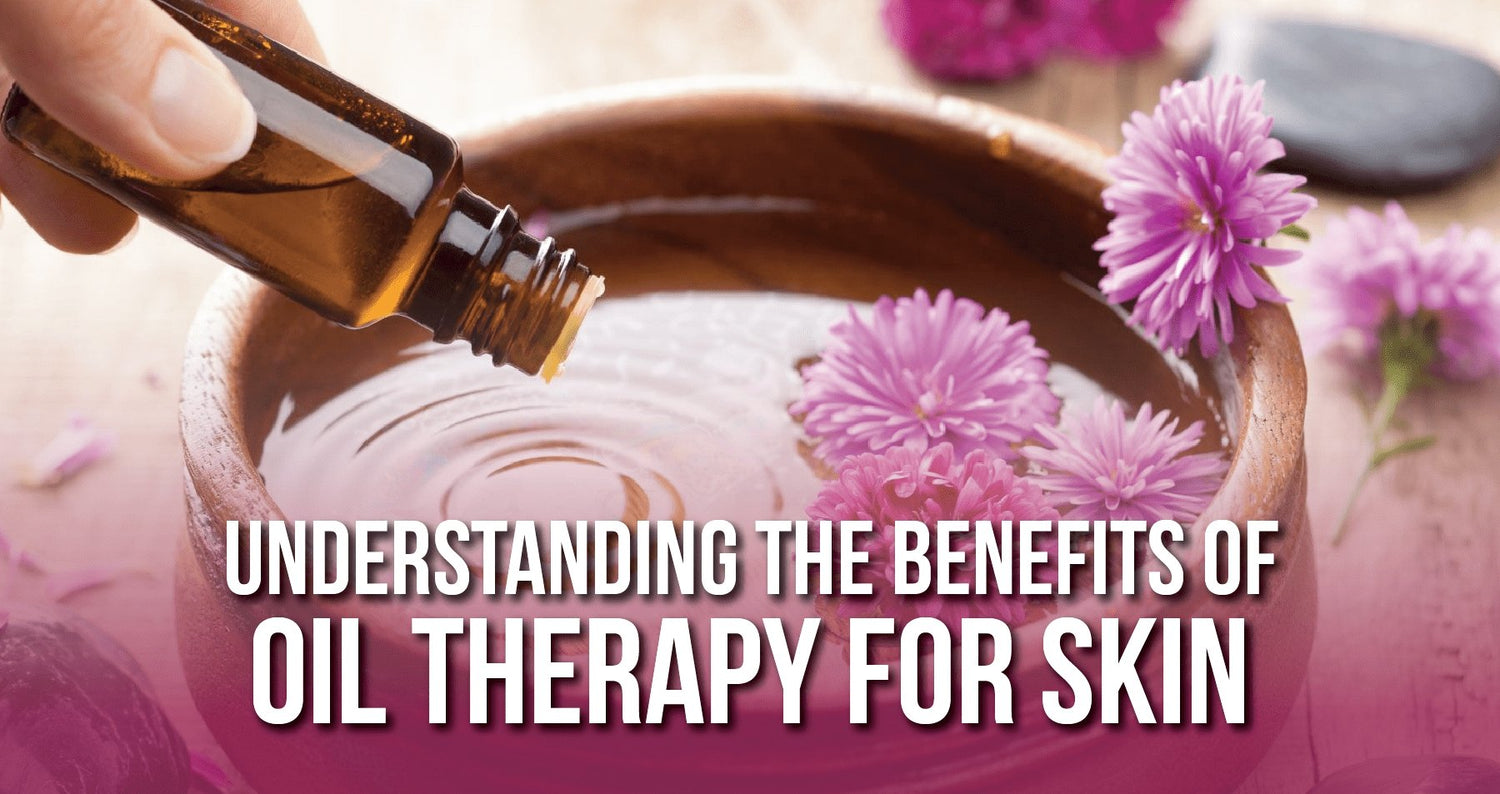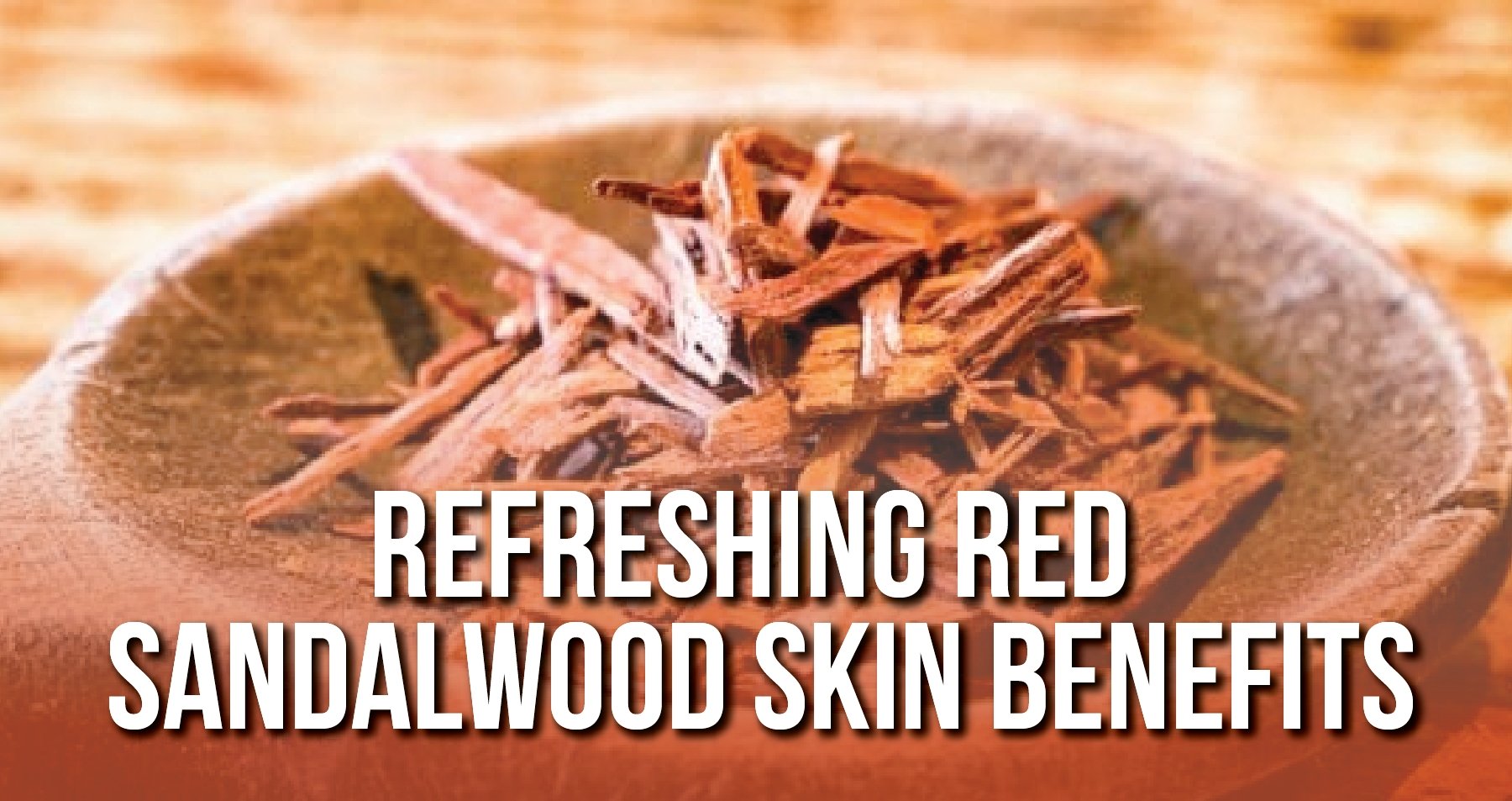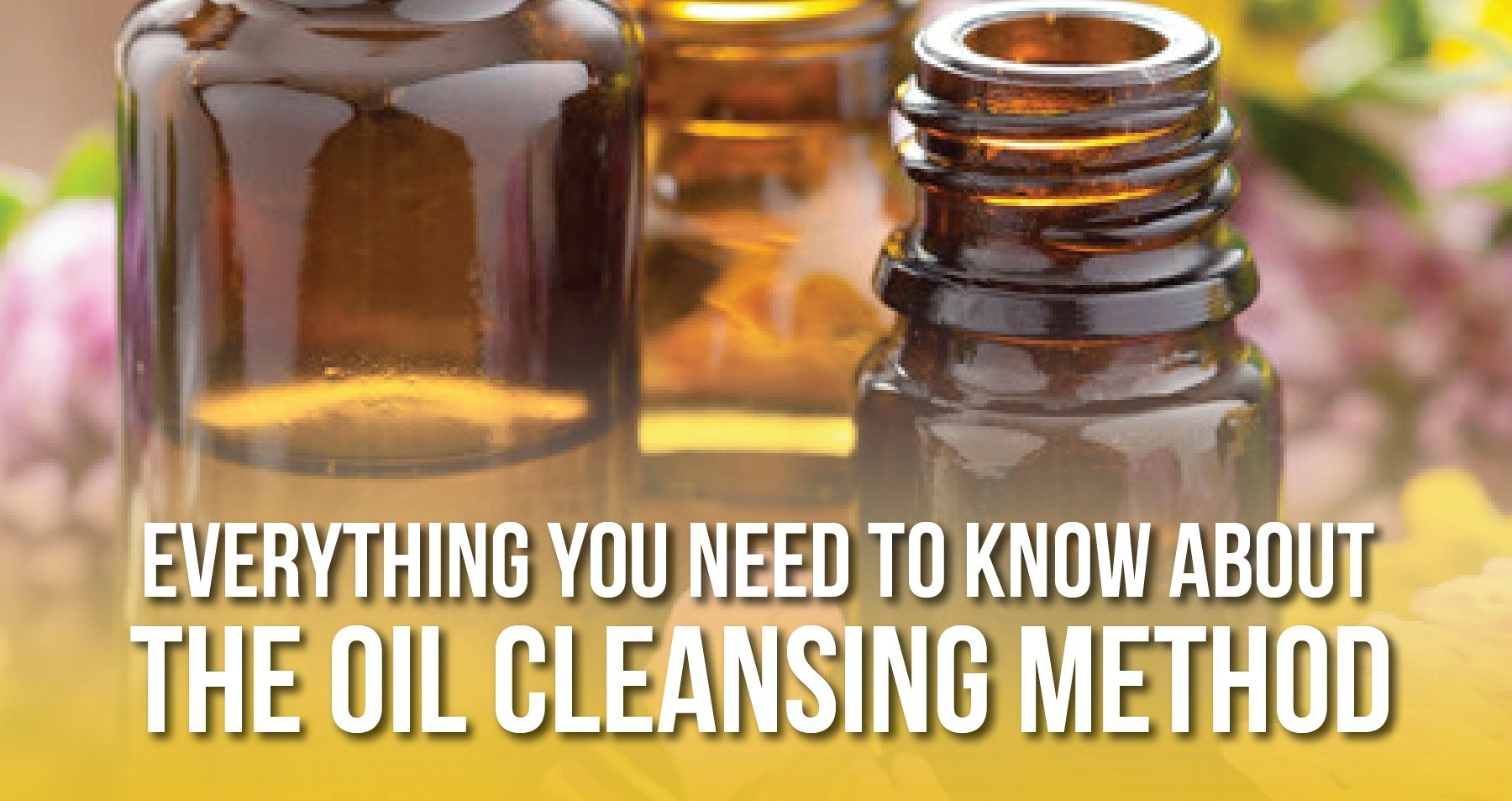Understanding the Benefits of Oil Therapy for Skin
Why the ancient skincare practice is so effective
In the beauty industry, there’s a huge misconception about oil therapy for skin. The vast majority of products on drugstore shelves are labeled “oil-free,” which sends a message that oil isn’t as effective. And in recent months, some brands have attempted to discredit artisanal products made with natural ingredients like essential oils. But there is no cause for alarm. Oil therapy for skin isn’t just safe and effective; it’s one of the best skincare treatments on the market.

Why oil therapy for skin works
We’re taught to stay away from oil products out of fear that they will clog pores and lead to acne or blemishes. But oil therapy for skin does just the opposite. It removes stubborn impurities that are burrowed deep in your pores, which results in acne-free skin. Additionally, oil treatments achieve this without leaving your skin dry and vulnerable. “By using oil-based products, the oil attracts oil and can dissolve sebum, grease, or makeup without stripping the skin of its natural oils,” Armandip Ghir, a noted skincare product developer, said in an interview with The Telegraph.
Furthermore, our skin produces oil as a way to seal in moisture. This naturally occurring lubricant is good for us and, despite the prevailing beliefs, it doesn’t cause blemishes on its own. Our skin problems result from a combination of several factors, including hormonal changes, rising stress levels, and buildup of dead skin cells. Oil is not the culprit; it’s the cure.

The benefits of oil products
This skincare approach has delivered powerful results for ages. Aboriginal tribes in Australia used emu oil as a moisturizer for nearly 40,000 years. Ancient Egyptians, including Cleopatra, used a slew of plant-based oils to treat and prevent sun damage. The ancient Romans used almond oil to smooth wrinkles and improve complexions. And, in classic Ayurvedic skincare routines, only food-based oils were allowed, as the skin was believed to “eat” any substance that was applied to it.
Today, oil therapy for skin remains just as potent. Dr. Rebecca Tung, who serves as Loyola University of Chicago’s Division of Dermatology chair, explained oil therapy’s many benefits in an interview with Good Housekeeping:
- Natural protection: Scientifically speaking, oils are considered lipophilic. This means they travel deep into your skin, trap moisture, and ward off toxins. Oil therapy can even help strengthen the skin barrier, which is important in fighting against polluted air or the extreme dryness of winter.
- Acne treatment: Some oils, like jojoba oil, can actually stop excessive oil production. In turn, this can help treat and prevent acne.
- Smooth complexion: Oil cleansers can shrink your pores, giving you a more even complexion. Also, thanks to a slew of anti-inflammatory properties, they can reduce redness, irritation, and even rashes.
- Anti-aging: Some oils, like Argan oil, are loaded with antioxidants. These are key in protecting your skin from UV rays and free radicals. The more oil you use, the less wrinkles, fine lines, and sun damage you’ll see.

For best results, look for an oil cleanser that blends multiple oils and natural ingredients. Our Lavender Face Cleansing Oil is a natural botanical elixir crafted from Sasha Inchi, Argan, and jojoba oils. Together, these oils offer Vitamin E, essential fatty acids, antioxidants, and carotenes—a soothing, rejuvenating combination that leaves your skin perfectly moisturized.
When it comes to updating your routine, oil therapy for skin is a time-honored natural treatment that nourishes the skin and produces incredible results.



